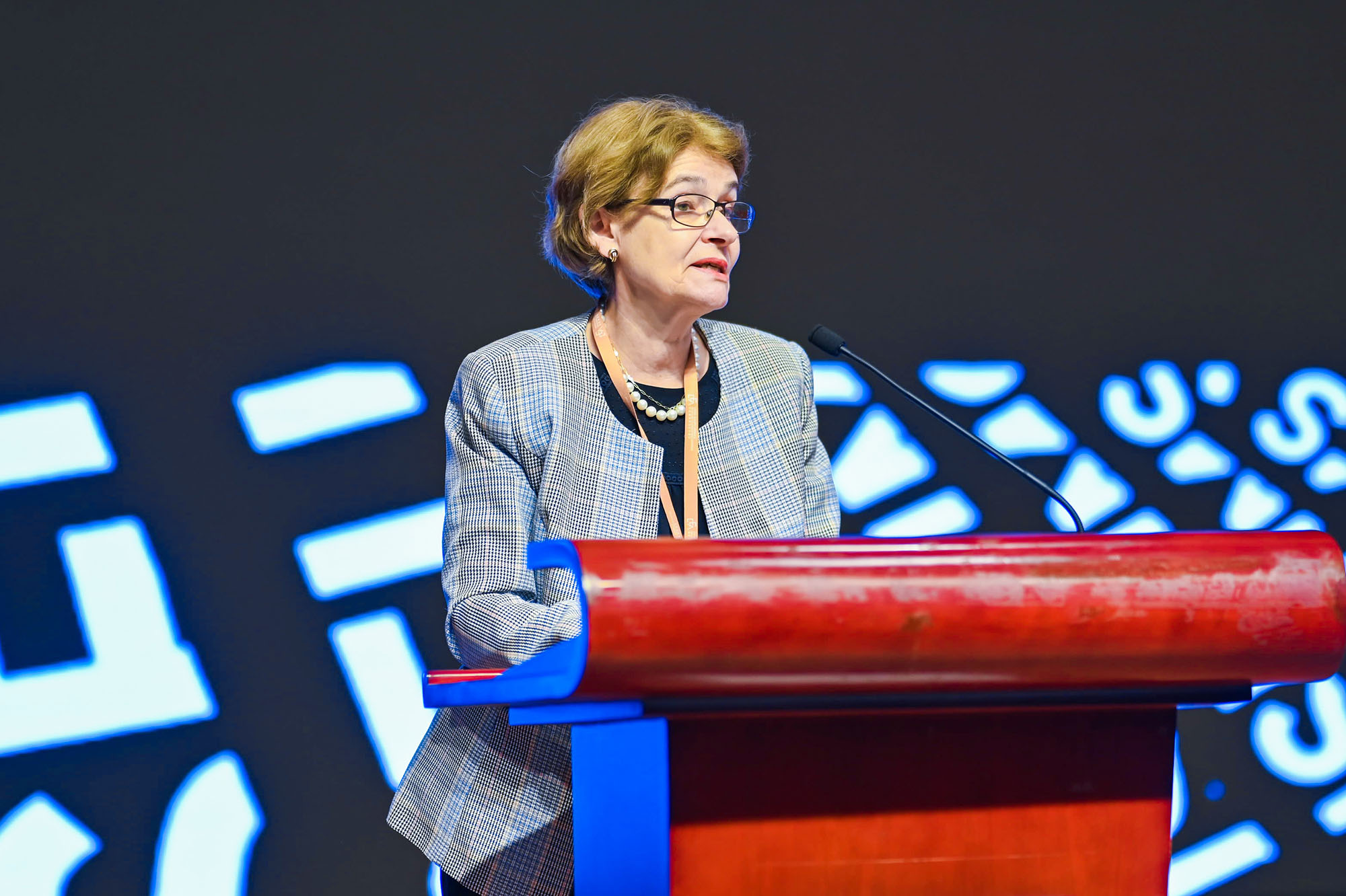
"Giving the past a future." This is a concluding remark of the Shaanxi Archaeology Museum in Xi'an.
As the enthusiasm for museums continues to grow in recent years, the role they play in the past, present and future is increasingly being discussed. At the 4th Dialogue of the C.E.A. Museums Cooperation Initiative, Irina Bokova, former Director-General of UNESCO and patron of the International Science Council, emphasized that museums nowadays are not just repositories for objects; there, all of the glorious story of human encounter can be found.
Full speech by Irina Bokova
Today, museums with vast collections of cultural relics have become centers of knowledge exchange, innovation, and social connection. They are spaces to foster an awareness of our shared history as humanity and to transmit common values.
Bokova mentioned the UNESCO Silk Roads Programme, which has been ongoing for 36 years since 1988. Along the long and ancient route of human civilization exchange and dialogue, museums have taken on the responsibility of preserving and showcasing the rich cultural heritage. Since 2017, with the advent of the digital age, these museums are presented and promoted by the online platform, connecting the historic cultural legacy of the Silk Roads from across the world—from Venice to Xi’an all the way through Bagdad, Samarkand, Balk and others.
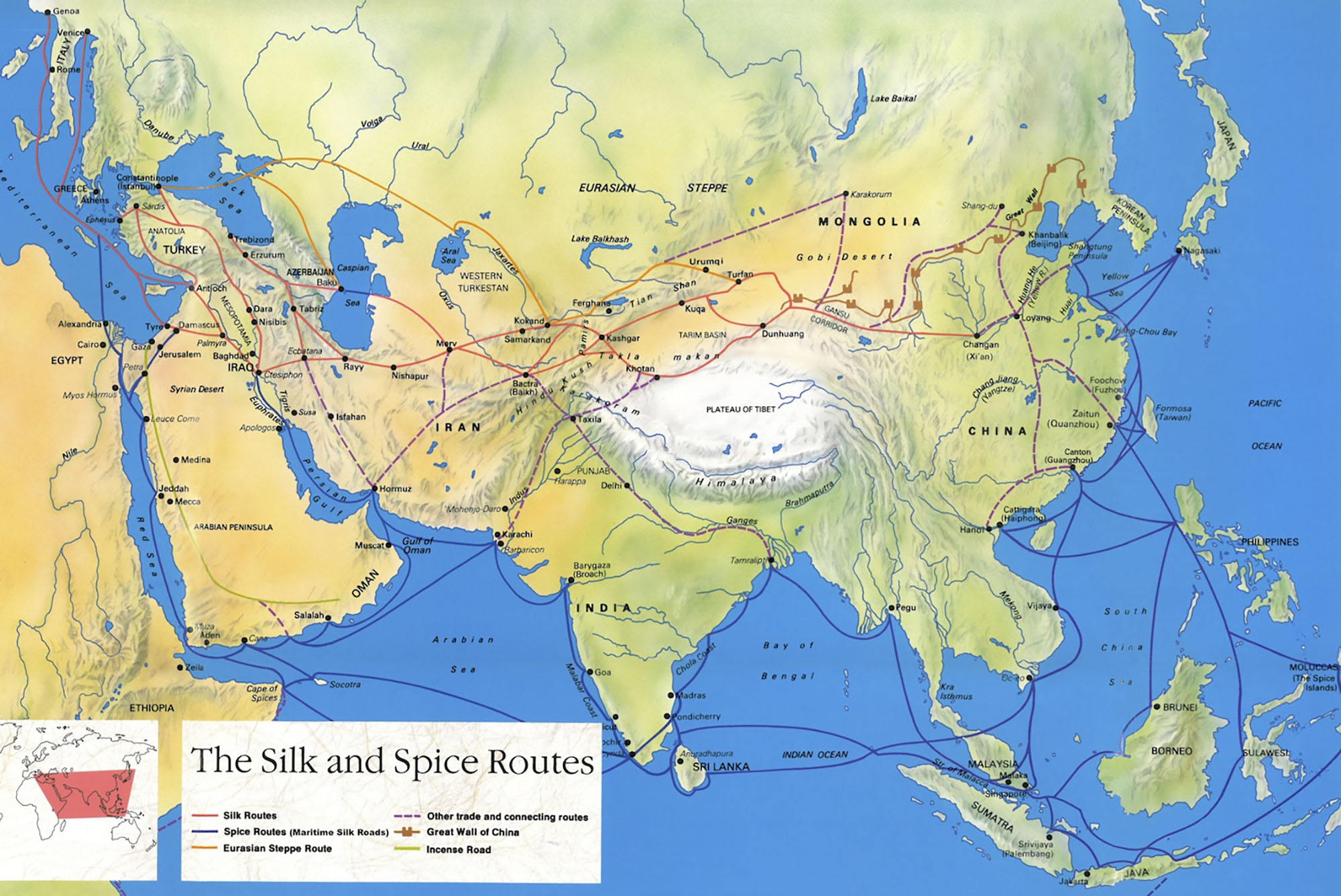
Map of the Silk Roads | UNESCO
The Silk Roads served as a crossroads between East and West, where many legendary human stories unfolded. Over millennia, museums along the lengths of these routes continue to bring this grand history to life, telling stories about the encounters between people, cultures, religions and not least, knowledge. These encounters have shaped civilizations over the age, catalyzing inventions, fertilizing intellectual scholarship. They gave birth to literary and scientific treasures, to traditions and artistic practices that have been passed across generations.
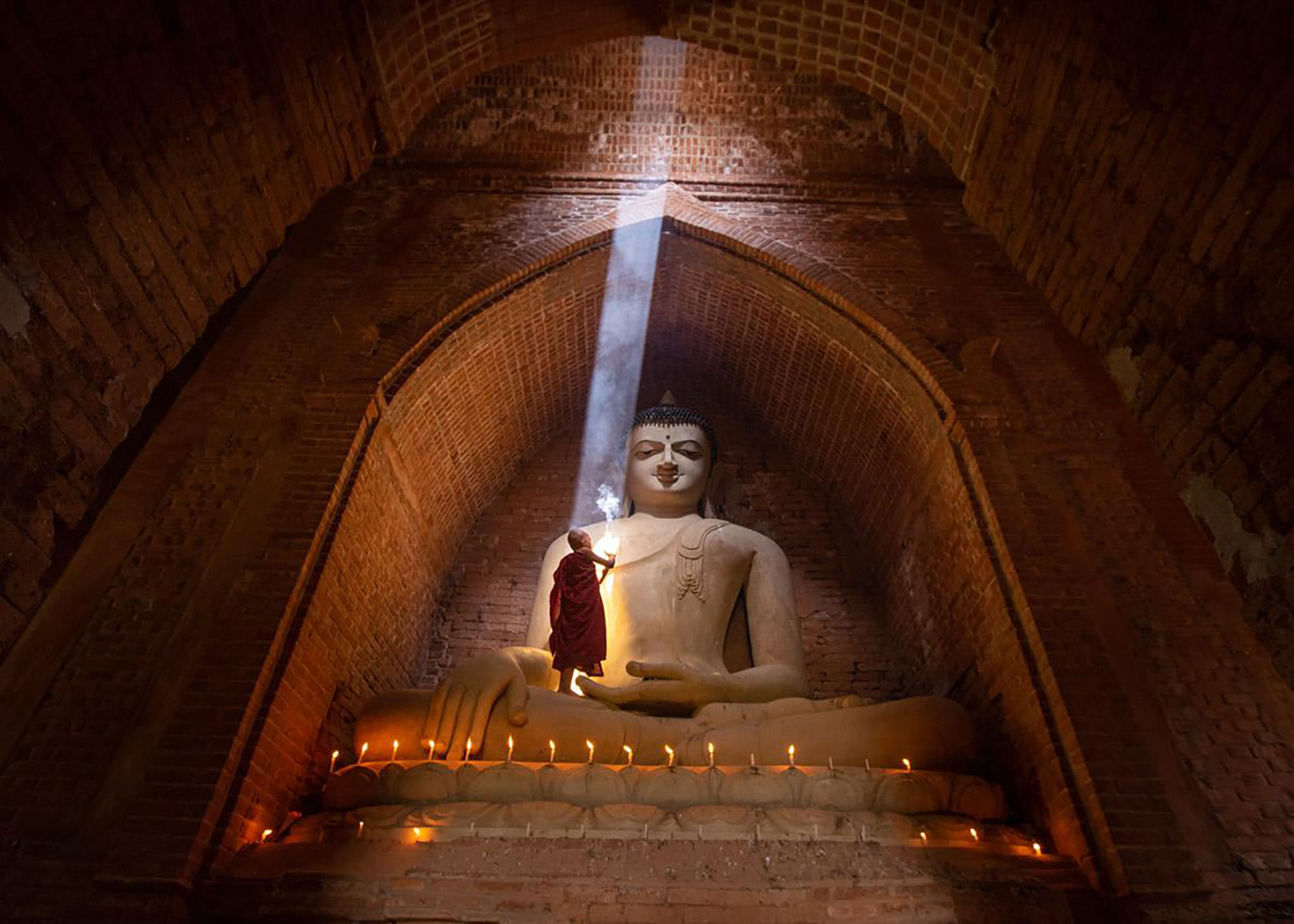
Ray of light on a Buddha Statue in Bagan | 1st Prize of the Fourth Edition of the International Photo Contest “Youth Eyes on the Silk Roads”
In a sense, a museum is a place of "encounters". As Bokova mentioned, "All of this glorious story of human encounter can be found in the museums. They are places indeed where people meet, where they come together to share ideas, to innovate, to learn more about their own history and culture, to learn more about other histories and cultures. They are places where we come together as one single humanity, showcasing the wealth of our diversity."
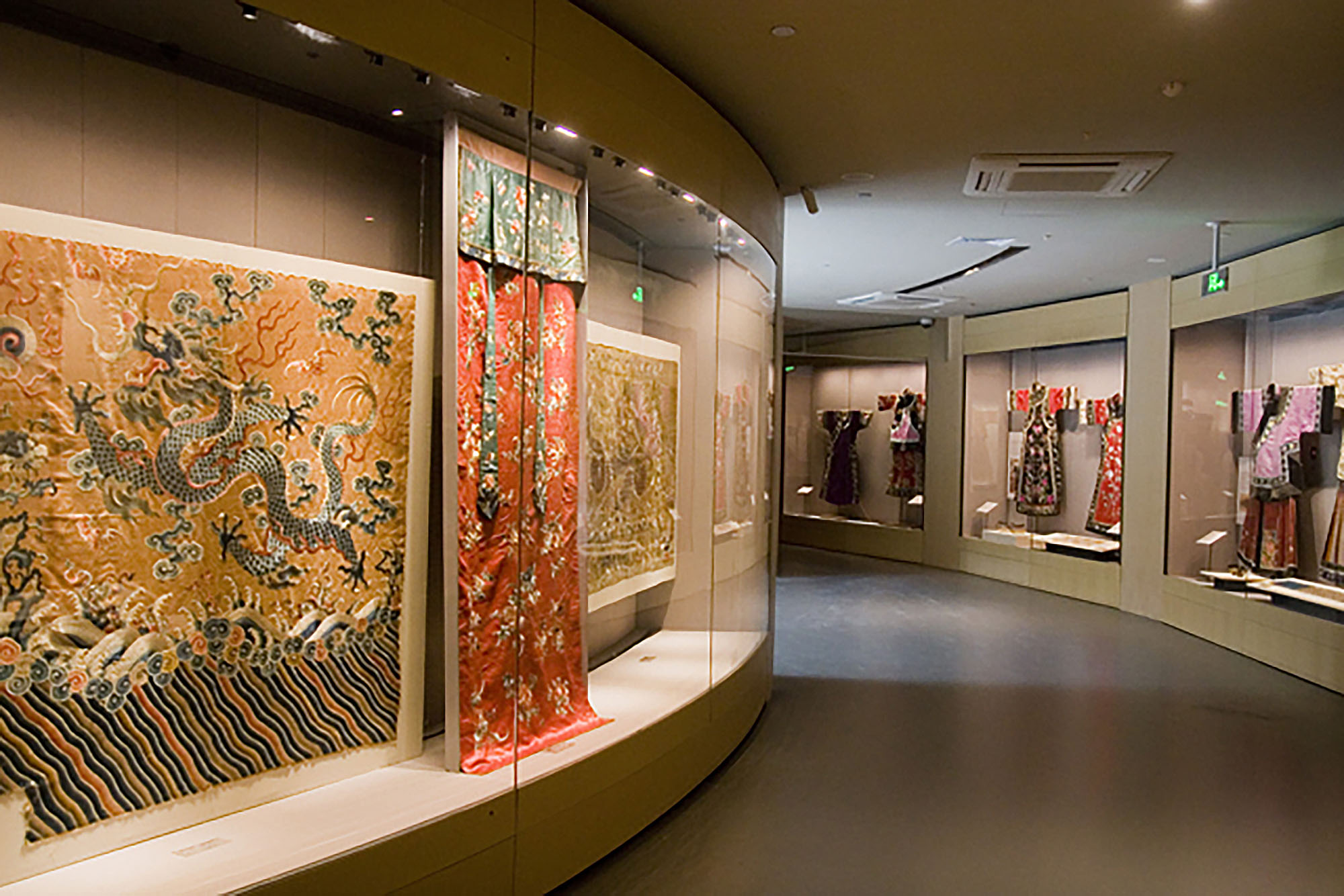
China National Silk Museum, the largest silk museum in the world
For museums today, creating the future is just as important as looking back. As reflected in the theme of the 4th Dialogue of the C.E.A. Museums Cooperation Initiative—the role of museums in fostering creativity, museums are incubators of creativity indeed. Through interactive exhibits, workshops, and educational programs, museums encourage visitors to engage with the material in hands-on and meaningful ways. They provide a unique environment where people of all ages can explore new ideas, encounter different perspectives, and engage in critical thinking.
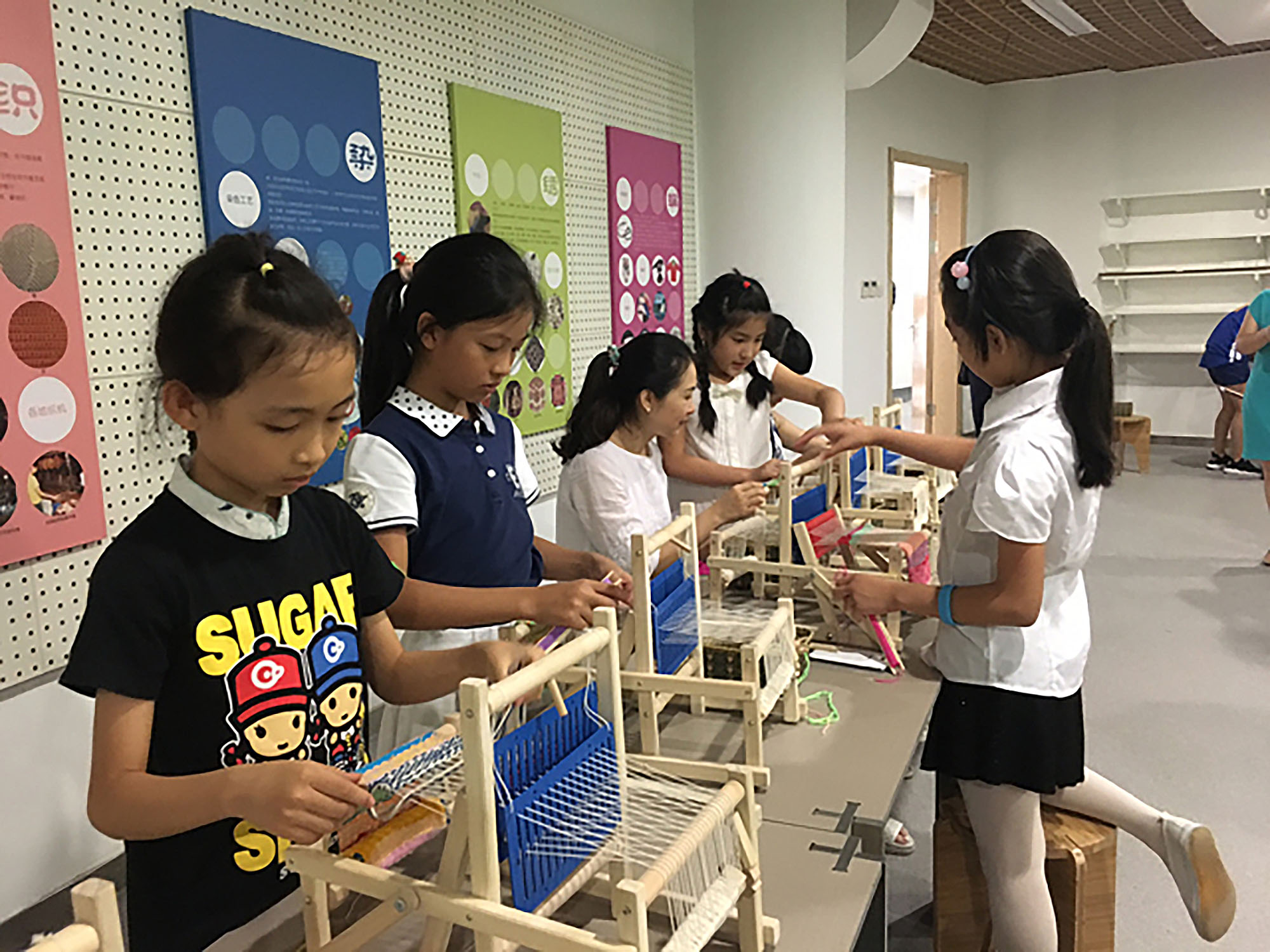
Educational and practical activities held in the China National Silk Museum
Bokova is pleased to see that China has been at the forefront of the global transformation of the museum landscapes in recent years. According to the latest data released by the National Cultural Heritage Administration in May, the number of registered museums in China has reached 6,833, with 327 of them classified as first-class national museums. These museums are acting as platforms for urban development, for social inclusion, for the quality of urban spaces.
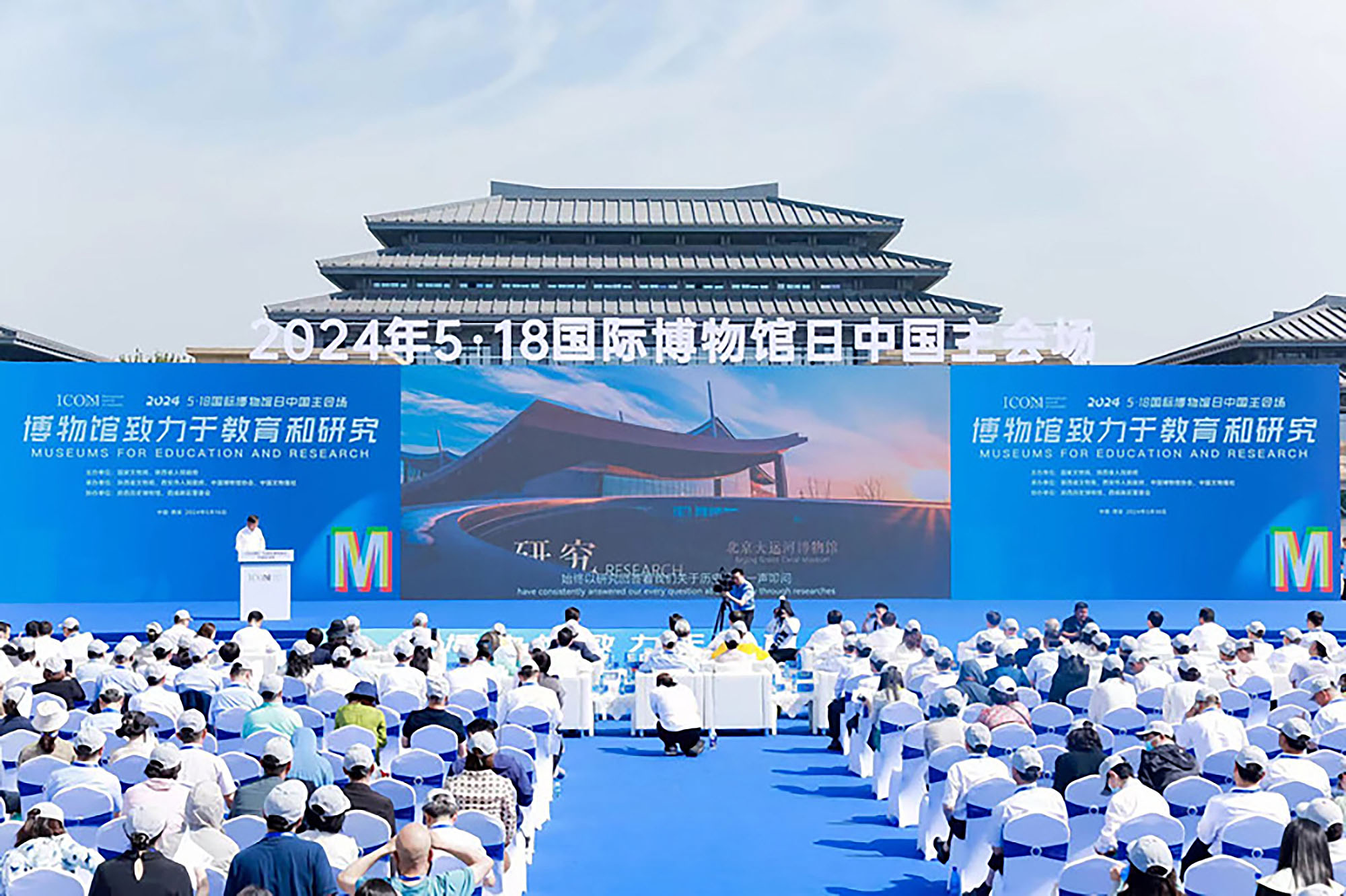
China continues to see a museum boom with 6,833 registered museums across the country, according to statistics released by the National Cultural Heritage Administration on May 18, 2024, the International Museum Day.
Museums protect our heritage, catalyse new creativity, help us find words and images to capture the complexity of our world. Bokova firmly believes in the power of museums as forces to rejuvenate urban policies, to deepen social inclusion, to create jobs, to foster a sense of belonging, and to make the most of cultural heritage for all and to contribute to the mutual understanding in the complex and fragile world we live in.
Irina Bokova Former Director-General of UNESCO, Patron of the International Science Council
Irina Bokova has been two terms the Director-General of UNESCO from 2009 to 2017. She is both the first female and the first Southeastern European to head the agency. Having graduated from Moscow State Institute of International Relations, Ms. Bokova was a Fellow at the University of Maryland, Washington, and followed an executive program at the John F. Kennedy School of Government at Harvard University.
